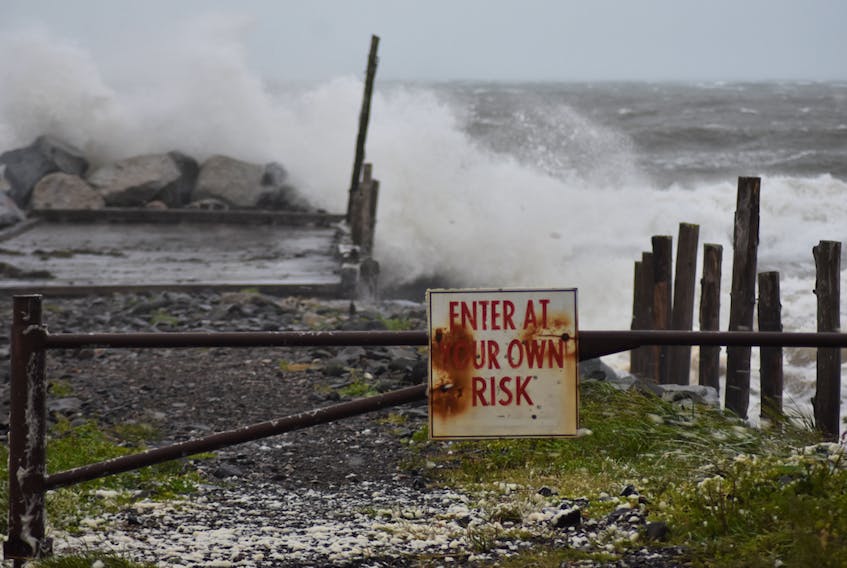It was quiet in the western Atlantic Monday, and forecasters were suggesting the same for today: no tropical cyclone activity was expected. It’s a relief in a hurricane season that has run out of names, with new hurricanes being named after letters in the Greek alphabet for the first time since 2005, and for only the second time since 1953, when naming storm systems started.
By all accounts, it’s already been a powerful hurricane season — three named storms gained that status in one six-hour period, a first in modern history.
There’s all kinds of gloom in 2020, from pandemics to societal upheaval — but in the climate world, the only constant seems to be radical change.
Here’s the U.S. National Oceanic and Atmospheric Administration (NOAA) in its latest State of the Climate Report: “During June 2020, temperature departures of +1.5°C (+2.7°F) or higher were present across parts of the central contiguous U.S., southern Brazil, northern and eastern Europe, northern Russia, southern China, and the North Pacific Ocean. Record-warm June temperatures were observed across parts of Scandinavia, Africa, Asia, South America, and the Atlantic, Indian and Pacific oceans.”
New England saw heat records broken. So did British Columbia and Alberta.
At that point, the NOAA was forecasting that the world was on track for the second-warmest worldwide temperature for 2020 since the record-keeping began in 1880 — and might even be the warmest.
The progression’s anything but random. “Nine of the 10 warmest Junes have occurred since 2010; the seven warmest Junes have occurred in the last seven years (2014–2020),” the NOAA report says.
Siberia saw a record-shattering spring heat wave that saw snow cover evaporate, followed by intense wildfires. There were temperatures as high as 38 C in June, among the highest Arctic temperatures ever recorded — and parts of northern Russia saw temperatures average 10 degrees warmer than normal.
New England saw heat records broken. So did British Columbia and Alberta. On Aug. 16, Death Valley in the U.S. hit 54.4 C — something scientists believe to be the highest reliably recorded temperature in world history. Denver broke 14 weather records — both record hot and record cold — in just six days in early September, including a single day weather change that saw the temperature drop from 34 C to -0.5 degrees overnight between Sept. 7 and 8. Temperatures in the region then shot up again to record highs. Las Vegas broke its 150-day-long record for no rainfall. As of Monday, it was 161 days without measurable rainfall at the city’s McCarran International Airport, meaning no rain since April 20th.
In Canada’s North, Arctic sea ice reached the second-lowest minimum size since records began 42 years ago.
Records continue to topple in ways they haven’t before; weather is, just as was predicted a decade ago, becoming more and more unruly as the climate changes.
It’s not enough to just keep putting our heads in the sand.









